Elsewhere in Khan Younis, bodies were recovered from a mass grave at the city’s main hospital after it was abandoned by Israeli troops. Rafah, a southern city where more than half the population has taken refuge, has been hit by a fresh round of air strikes.
Israel abruptly withdrew most of its ground forces from southern Gaza this month after fighting reached its peak in the nearly seven-month war. Residents have slowly begun returning to the enclave's second-largest city, only to find their homes razed and bodies strewn in the streets.
“Many families left here in the past two weeks to go to Abassan, but this morning they came back here. They are so scared of the situation there,” said Ahmed Rezik, 42, at a school in the western Khan Younis area where he is taking refuge, commenting on the eastern part of the city.
“They said tanks entered the eastern part of the city under fire, and they had to flee.”
Israel launched its war in Gaza after Hamas militants attacked Israel on October 7, killing 1,200 people and taking more than 250 hostages.
Israel responded by launching a ground offensive into Gaza, vowing to destroy Hamas. More than 34,000 people were killed in the air strikes, with thousands more believed to have died and are still trapped under the rubble.
“A sight hard to see”
At the ruins of what was once the Nasser Hospital, southern Gaza’s largest, Reuters saw rescue workers in white hazmat suits extracting bodies from the rubble using manual tools and a digger. Emergency services said 73 bodies had been recovered there in the previous day, bringing the total to 283 this week.
Israel said it was forced to fight inside the hospital because Hamas was operating there, an assertion Hamas and medical staff have denied.
Gaza authorities said the bodies had been recovered from one of at least three mass graves discovered there.
“We expect to discover 200 more bodies in the same mass grave in the next two days before we start work on the remaining two mass graves,” said Ismail Al-Thawabta, director of Hamas’ media office.
He accused Israel of carrying out “execution” at the hospital and of covering up the crime with bulldozers. Israel vehemently denies these accusations.
Relatives of those killed have taken the bodies for proper burial. Relatives of Osama al-Shoubagy, one of those whose bodies were found at the hospital, took his body to a cemetery on Monday to bury him next to his sister, who received a kidney he donated when she was ill.
“My daughter wanted me to take her to see her father’s grave,” said his wife, Soumaya. “I told her that when we bury him, I will take her there. Thank God. It was very difficult to see, but maybe we will have some peace after we bury him.”
Holding a bouquet of yellow flowers in one hand and leading her daughter Hind by the other, she took her daughter to say goodbye to her father.
Next to his father's new grave, the child said: "My father loves me very much and often buys me things. He also often takes me out to play."
Gaza residents reported air strikes in several other areas, including Rafah, where a day earlier doctors performed a caesarean section to save a baby born from the womb of a dead mother.
In Nusseirat in central Gaza, officials said the airstrike damaged solar panels that the hospital needed to power its operations.
Nguyen Quang Minh (according to Reuters)
Source



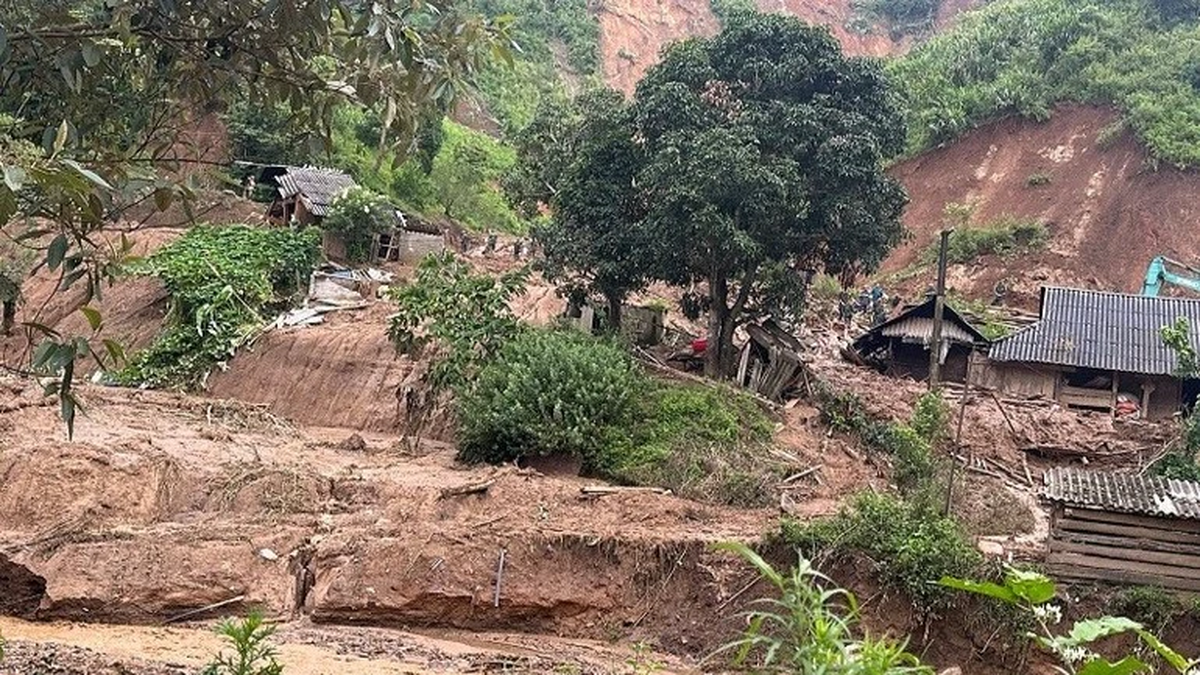

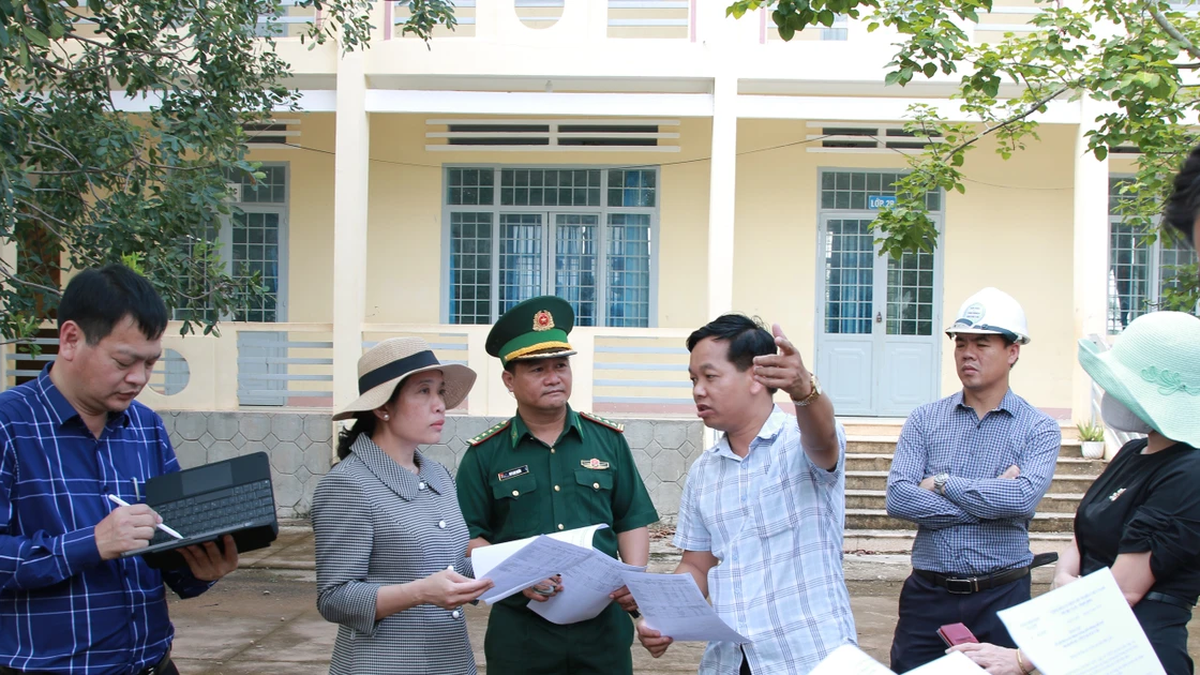
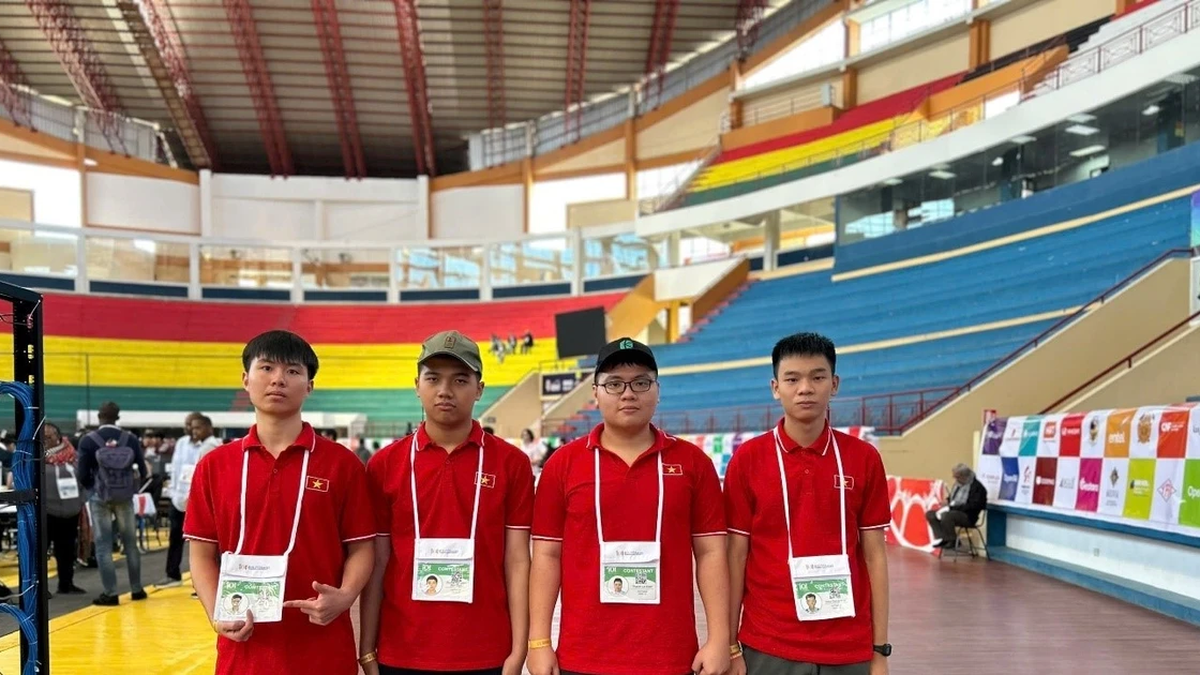
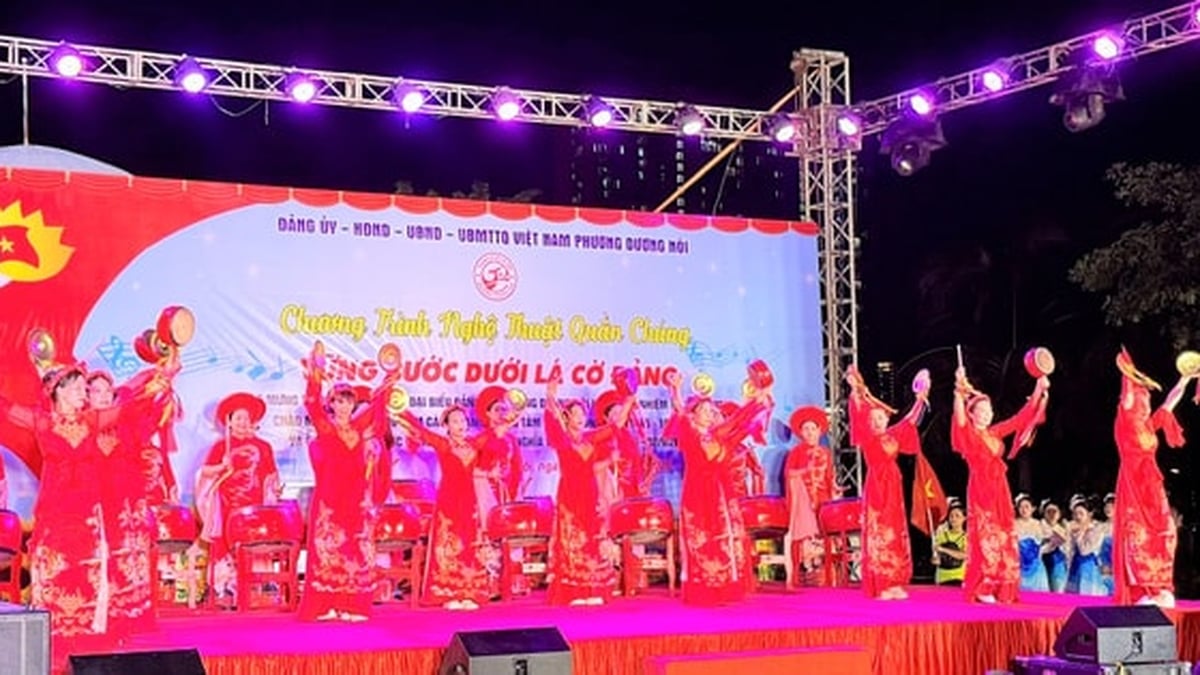

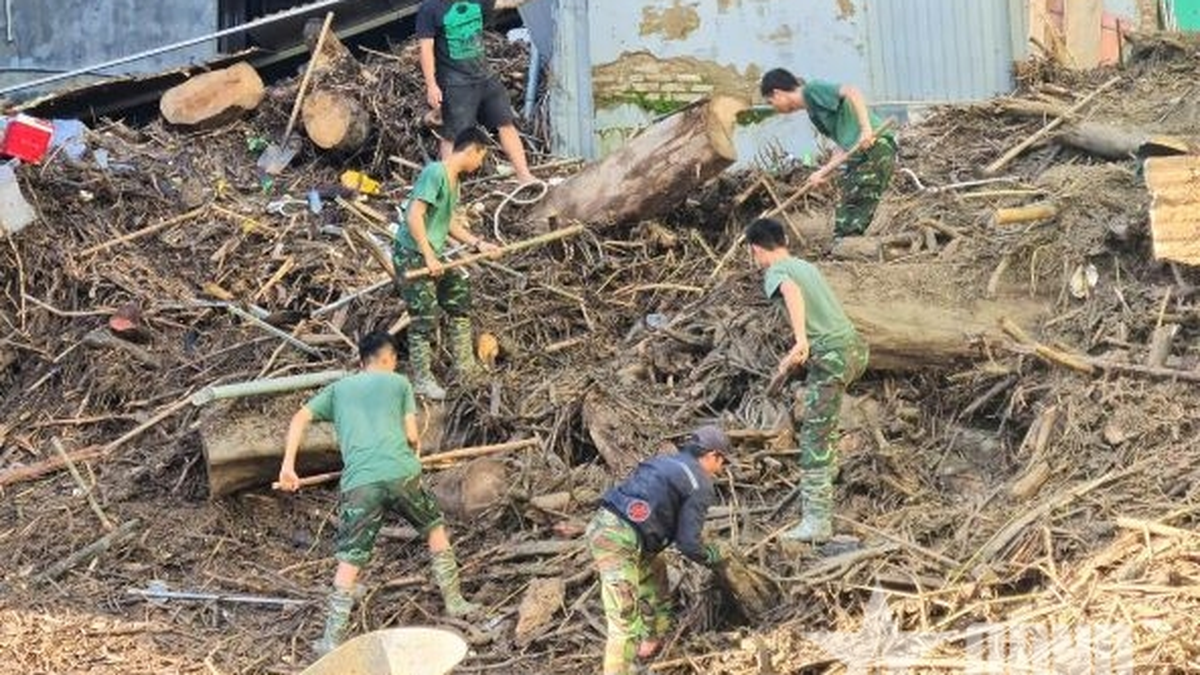
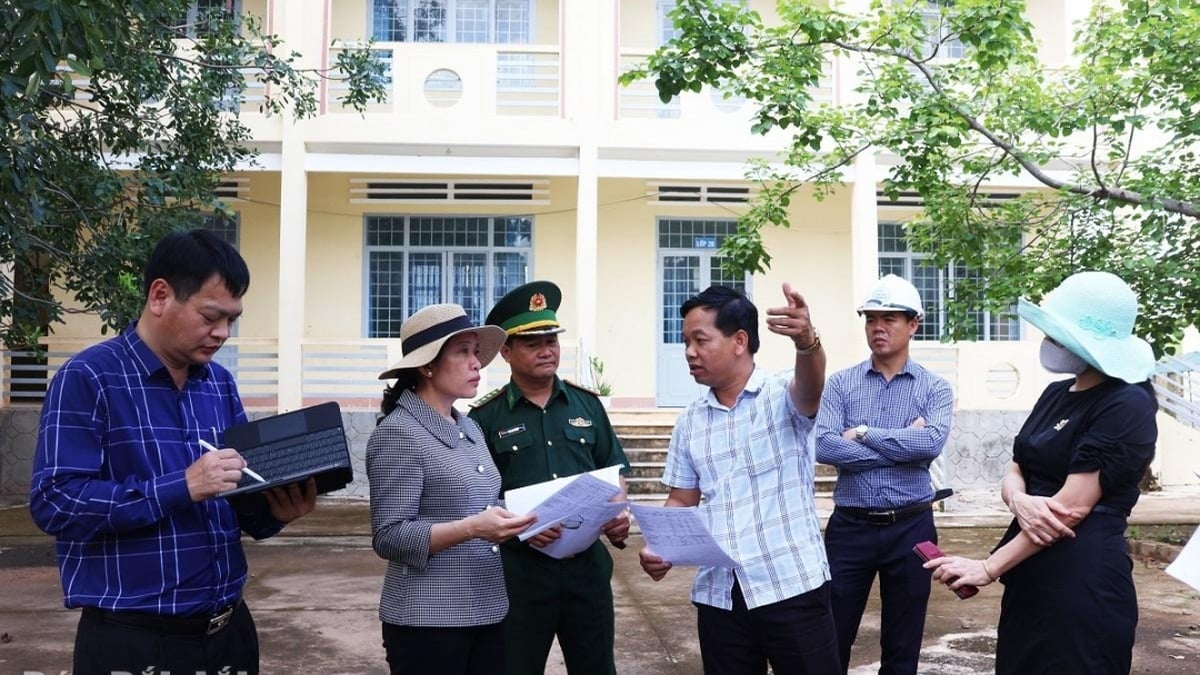
























































































Comment (0)